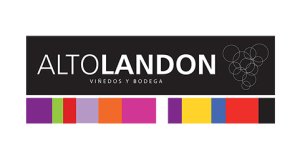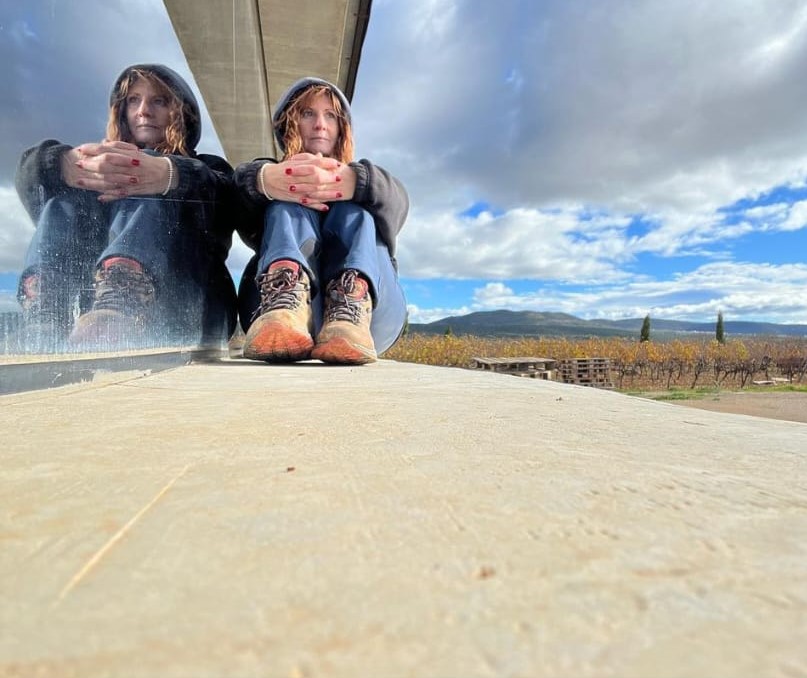
Owner & winemaker, Rosalia Molina, produces organic wines in one of Spain’s highest altitude wineries. Her mission is to make wines that express the typicity of the Manchuela denomination of origin: this includes work in the vineyard, the altitude and the varieties planted.
Altolandon is located in Landete, in the province of Cuenca, at an intermediate point between three provinces: Valencia, Cuenca and Teruel, at an altitude of 1,100 meters at the highest point.
It all started with just 3 hectares back in 1998, so they were modest beginnings. Rosalia then took over her grandparent’s house in the village, removed the furniture & made space for a small collection of inox fermentation tanks & wooden barrels.
From those humble roots, the estate slowly expanded, buying new plots each year as the region’s viticulturists gradually retired. Among these are some prized plots of pre-phylloxera old vines of Garnacha and Bobal. Today the estate has a total of 200 hectares and the winery is located just in the middle.
This is a climate on the edge of what is possible: at 1,100 metres above sea level, the grapes experience a high diurnal range that encourages even ripening and helps to retain natural acidity and this is what makes the estate unique. It’s also the key factor in the choice of grape varieties planted, as some of them are rather unusual for Spain, like Malbec, Cabernet Franc and Petit Manseng.
Here, the local grape Bobal, shows less rusticity and finer tannins at this location. Thanks to the late ripening conditions provided by the high altitude, the wines are distinctively aromatic and fresh. Rosalia uses only natural fertilisers and promotes biodiversity by welcoming chickens, sheep and pigs from local farms to roam the vineyards freely.
Climate
The dry climate experienced here makes organic viticulture easier. Cooler temperatures and nearly constant winds keep disease and pest pressure low while arid conditions limit the growth of other vegetation. Cooler temperatures mean that harvests are some of the latest in all of Spain, beginning in mid-October for the whites. Rosalia even makes a natural ice wine, which is harvested in January when conditions are right. These late harvest dates and the abundant sun during the growing season produce wines with concentration, fine tannins, and bright acids.
All grapes are hand harvested and vinified as naturally as possible with native yeasts and little other intervention. The wines are then aged in either clay amphora or in French oak to give texture and complexity. Sulphites are rarely added and, if added, only at bottling. The wines are not clarified, nor filtered.
Natural Wines
Natural winemaking is definitely a rarity in this part of Spain where commercial viticulture once dominated and, while greatly diminished, is still intact. But where others saw only quantity, Rosalia saw the opportunity for great quality. With a goal of exposing this unique terroir and traditional wine making techniques, Altolandon shows why we should be paying more attention to the wines of Manchuela.

